Soler's formative years, remembered by his former coaches
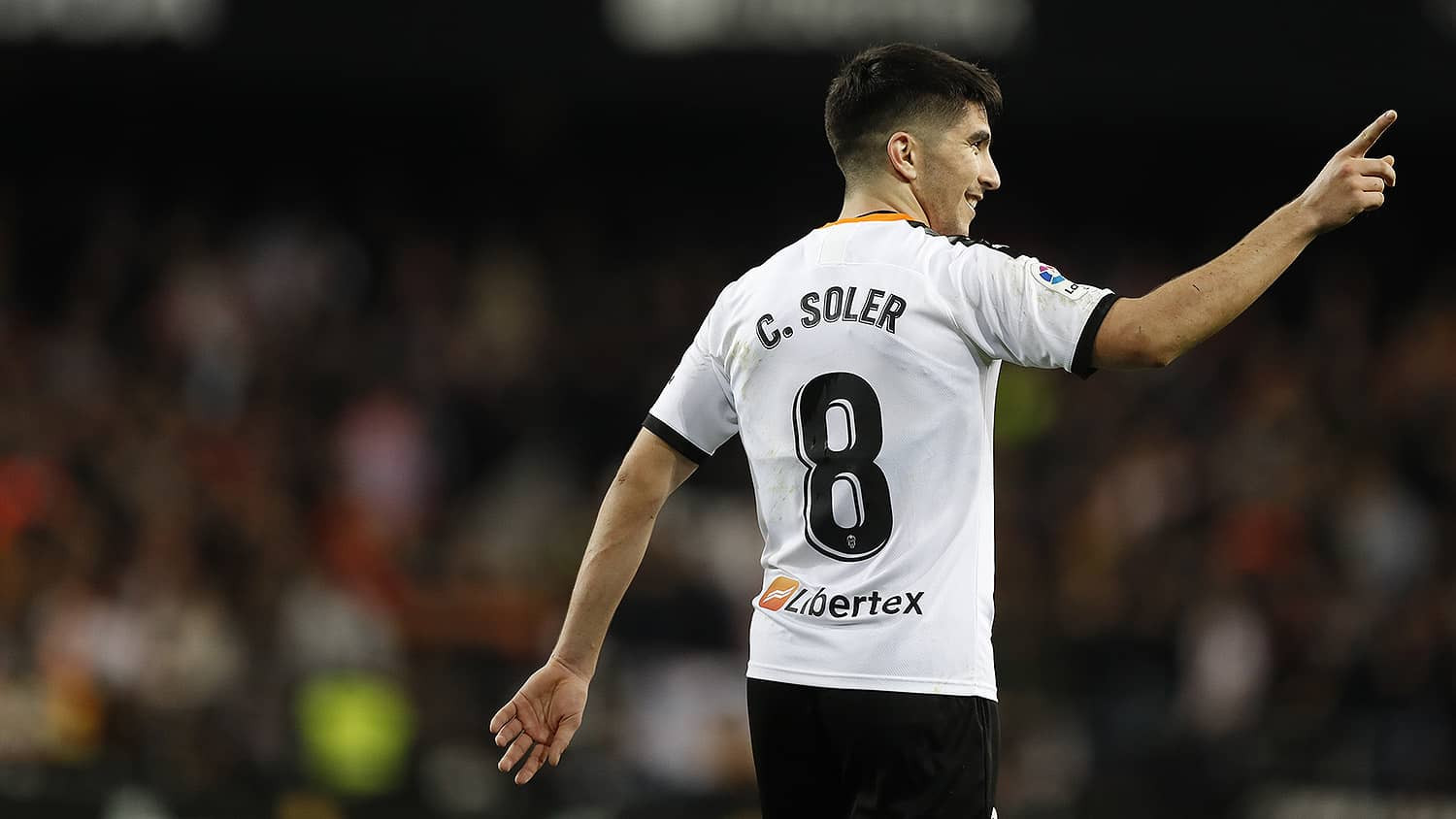
Carlos Soler recently signed a new contract with Valencia CF, keeping him at his boyhood club through to 2023. To mark the occasion, VCF Media met with some of his former coaches to hear about their early impressions of the VCF Academy product.
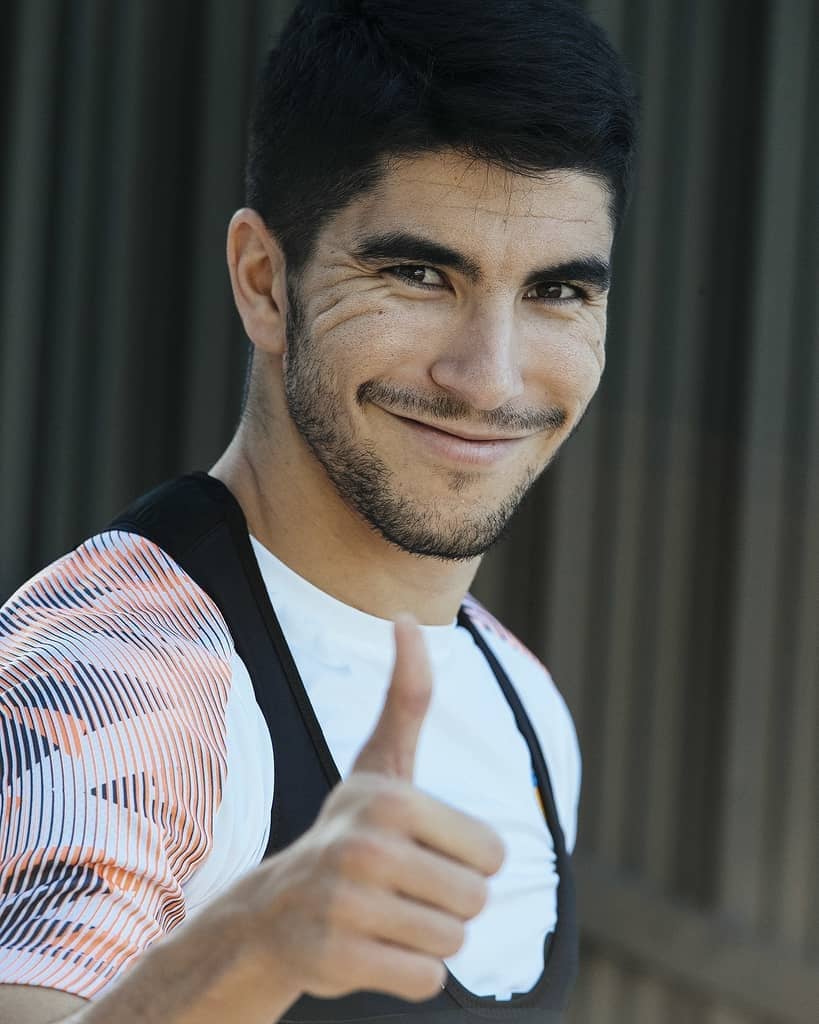
Raúl Martínez
Raúl Martinez was Carlos Soler’s first coach at the club, at Prebenjamin level, and he recalls that the young VCF fan “Already made the difference.”
“At that time he was an out-and-out striker. When we went to play tournaments all of the Primera División sides knew about him and asked after him.”
That year he scored 100 goals that year, and Martinez describes him as “An incredible player who applied himself and was always smiling.”
“He’s a player who always comes through and in any position he is always 8/10 or better. He’s got a lot of attacking talent and can make the difference when he receives the ball close to the area.”
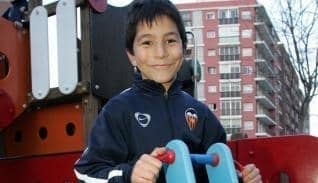
Xavi Tamarit
In Soler’s second year, he played under Xavi Tamarit and varied his positioning on the field. Tamarit remembers Soler’s dedication and motivation.
“He was playing everywhere from the midfield to the attack, and was a very good dribbler and shooter. He would break free from his marker, look for the ball and was very fast and powerful. He was always very alert to everything and absorbed everything he could,” says the former Prebenjamin coach, who still has a vivid recollection of one anecdote in particular.
“Before a game against Villarreal, he came up to me and said ‘I’m going to shoot straight from the kick-off and score.’ As soon as the whistle was blown, he shot from the halfway line and it went in. When Carlos was on the pitch, his teammates believed more in the victory and what they wanted to achieve.”
Tamarit has also been part of coaching staff for sides that have played against Soler, whilst serving as assistant to Mauricio Pellegrino. But he is happy that the player remains at Valencia CF.
“Seeing him still at his first club is a great joy. Carlos Soler is going to define an era at Valencia CF and be very important in the club’s history, as he is Valencian, brought up through the VCF Academy, and still has a lot of potential for improvement.”
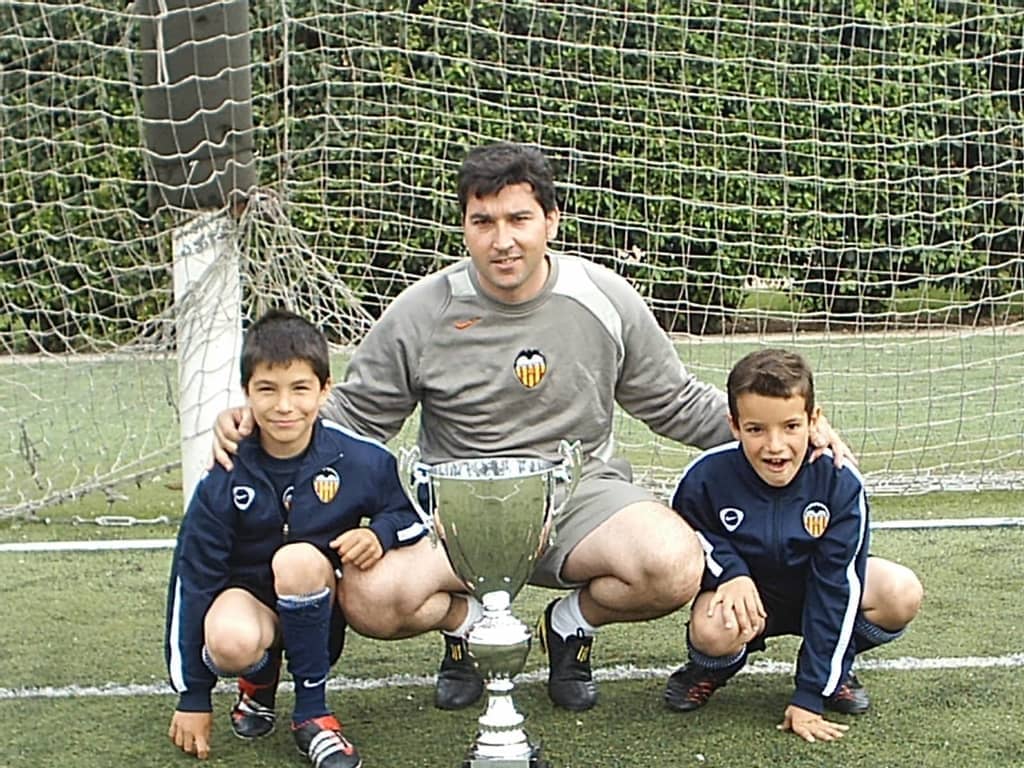
Titín Santafé
At Alevín level, ‘Titin’ could already recognise that Soler was something special.
“You could see that, if everything carried on in the same way, he could reach the elite, just like other members of the same team: Lato, Jaume Grau, Pedro Chirivella, Javi Jiménez… He was the best player in Spain, had amazing talent, an exquisite strike, and was fast with the ball. He hit wonderful free kicks. He was very creative, linked up very well and liked to participate in the build-up play.”
In the XIV Torneo Internacional Alevín 7-a-side competition, under Titin, Soler was chosen as player of the tournament. Whilst he has grown immensely since then, Titin says that the player “Has not changed his personality and is still very humble. He’s always had his head screwed on and a very good group of people around him.”
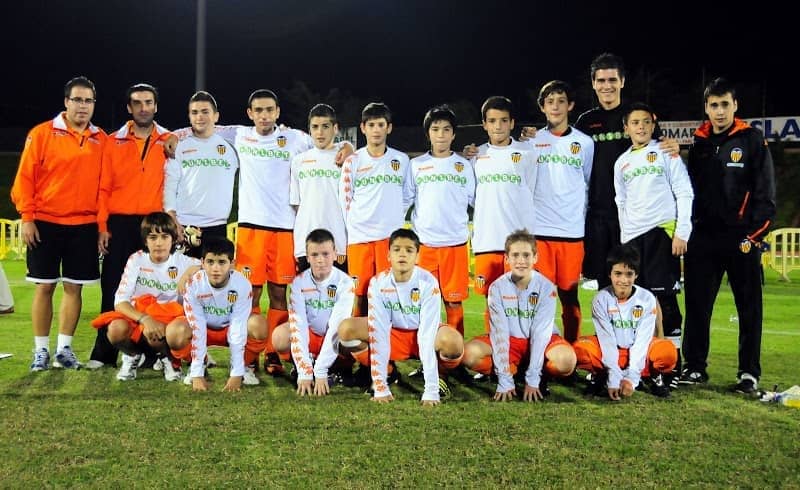
Nico Estévez
Under Nico Estévez, Soler underwent a change of position.
“In Prebenjamin and 7-a-side level, he played more on the right and as a striker. When I had him in the Infantil A team, he’d been playing as a striker, but as he had a lot more facets to his play, I thought that we could use him as a false 9. Then he went on to play behind the striker, and Rubén Mora decided to play him as a central midfielder in the Juvenil B team. I think that these experiences have helped him to become a player who can adapt to playing in the middle and on the wings,” says Estévez
“Defensively, he’s a player who has always made an effort, and under different coaches he has improved a lot in his positioning, anticipation and coverage. He’s become a more versatile player, as his Reading of the game allows him the possibility of playing in different positions.”
“As his physical development was slower than other kids of his age, it helped him to develop this understanding of the game even more. It’s a source of great pride and happiness to see him playing in the elite. We’ve seen his development both on and off the pitch, and how he’s overcome bad moments. I think that he’s a great example for the kids in the VCF Academy, as his journey wasn’t easy and he has got where he is through perseverance, dedication and patience, as well as his qualities.”
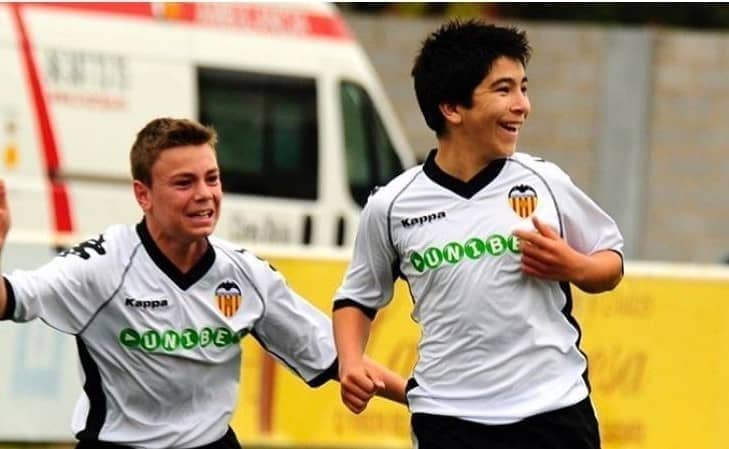
Miguel Ángel Oms 'Taja'
‘Taja’ coached Soler as part of the Valencian regional Alevin team, then did so again when he was at VCF on the Cadete side.
“He struggled a lot in his first year in the Cadete team. Other strikers such as Rafa Mir and Toni Martínez came in, and we began to play him further back. That enabled him to participate more in play,” recalls Taja.
“Whenever a set piece was given, be it from one side, straight on or a corner, his presence made you calm. He was exquisite from them. When we had rolling subs in Alevin football, we would usually bring him on to take a free kick square on and score, as if it were handball.”
“It’s gratifying to see him still at his first club. He’s a chameleon of a player, because he can play on the wings and through the middle. He doesn’t stop until he achieves what he sets out to do.”
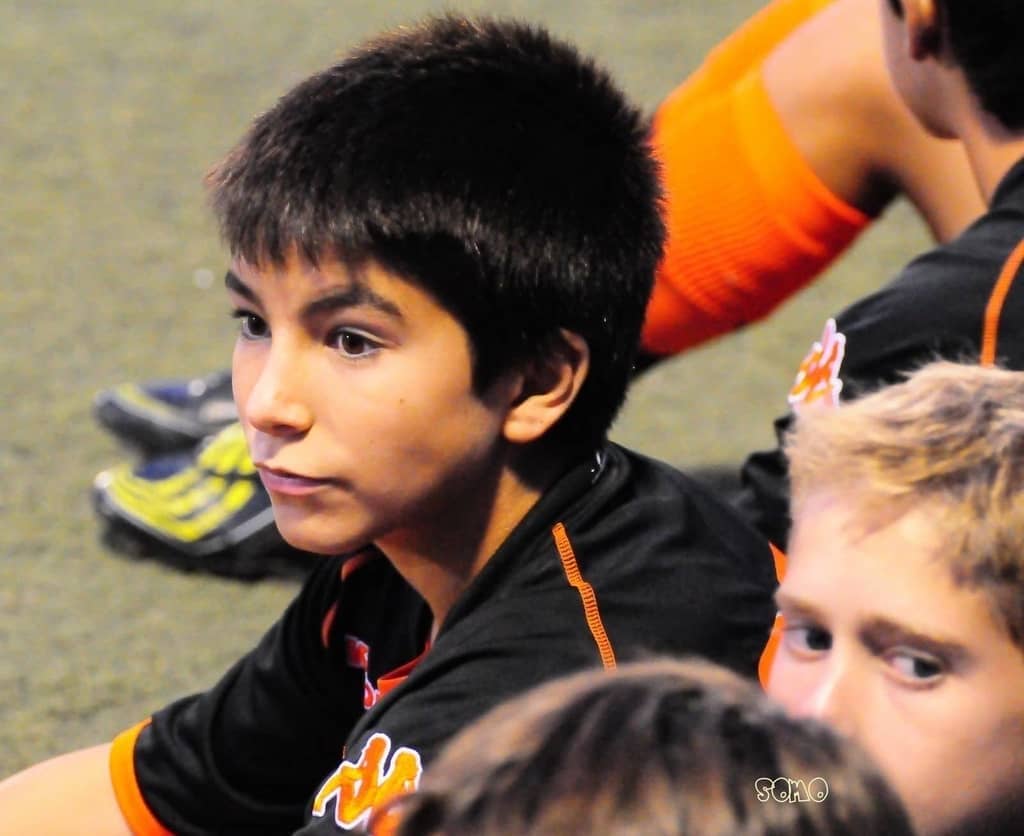
Rubén Mora
As Estévez mentions, it was Rubén Mora who decided to field Soler as a ‘number 8’, having coached him at regional level before doing so with the Juvenil team.
“Technically, he was already a very talented player with a spectacular shot,” says Mora. “He is very competitive and decisive in nearly every contribution.”
“We changed his position because there was an injury to one of our players (Javi Pérez de Lucía) and we saw that Carlos was good at getting into the area, running in from the second line, and shooting. Out of 40 passes he attempted, 39 would be good. He understood the game and we saw him as a ‘Rubén Baraja’ in central midfield. It worked out well.”
Mora remembers a game in Burriana, in which Soler received a standing ovation when subbed off, as one of the defining moments of the player’s formative years. He also praises his heart, with a story about one of many good deeds:
“Two years ago, I asked Carlos Soler and Toni Lato to surprise a child who had suffered a brain aneurysm, without it going public. They didn’t hesistate. These details are what make him even greater than what you see on the pitch.”
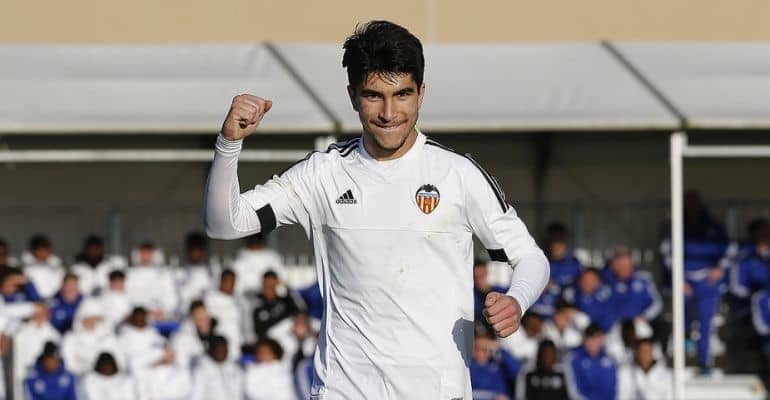
Rubén Baraja
If previous coaches wanted Soler to play like Rubén Baraja, then having the man himself as a guide was certainly a grand opportunity at Juvenil level. Baraja says that the future first team player’s best quality was “His mentality and his intelligence for a second year Juvenil player. He understood the game and learned quickly.”
“It’s a great joy to see him settled in the first team, because he has worked very hard for it and nothing is gifted to you in professional football.”
“I sent him a message during preseason, two years ago,” remembers Baraja. “I asked him why he wouldn’t wear the number 8 shirt, which is something typical of midfielders. He decided to wear it.”
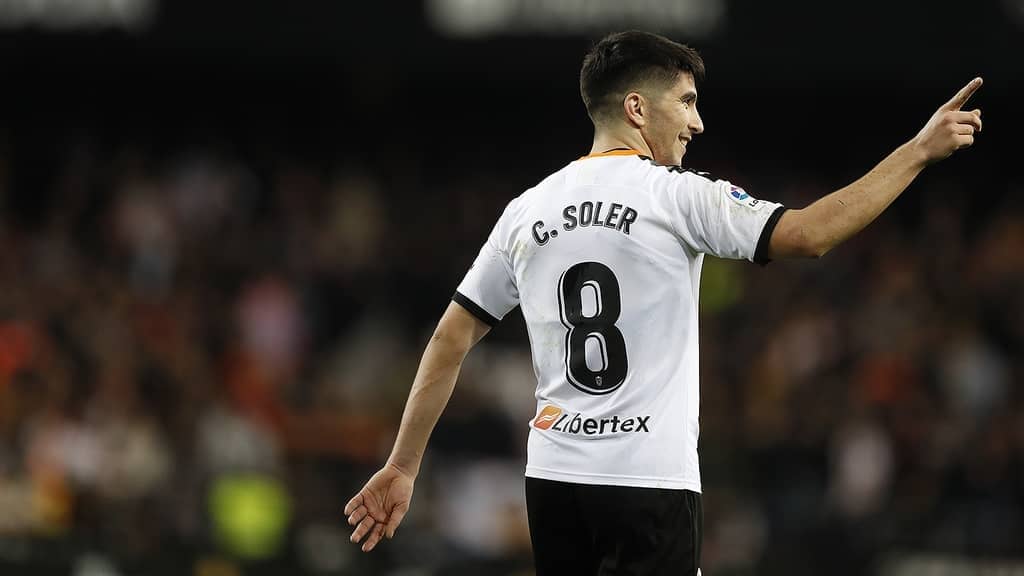
Latest news Ver todas
Latest news Ver todas








